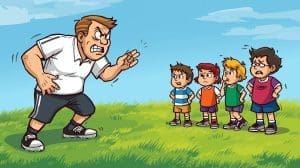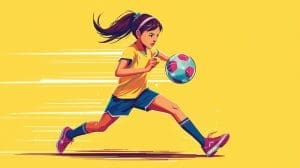Youth Sports Psychology for 17–21+ Year Olds
Helping Young Athletes Build Confidence, Resilience, and Independence in Sport and Life
Supporting Your Child Through Key Transitions in Sport. The late teenage and young adult years bring exciting opportunities but also some of the toughest challenges in a sporting journey. Young athletes aged 17–21+ are often juggling higher levels of competition, professional sport, demanding training schedules, academic or career pressures, and important life transitions.
As a parent, you may notice your child:
- Struggling with confidence during trials, selections, or when stepping up to the senior ranks
- Finding it hard to balance academic demands (exams, university, apprenticeships, work) with sport
Experiencing pressure, stress, or burnout from high expectations
Feeling uncertain about the future, which can affect their enjoyment and engagement in sport
Wanting more independence, but still needing support in building resilience
These challenges are common and they don’t mean your child isn’t capable. With the right mental skills, they can learn to thrive in both sport and life.
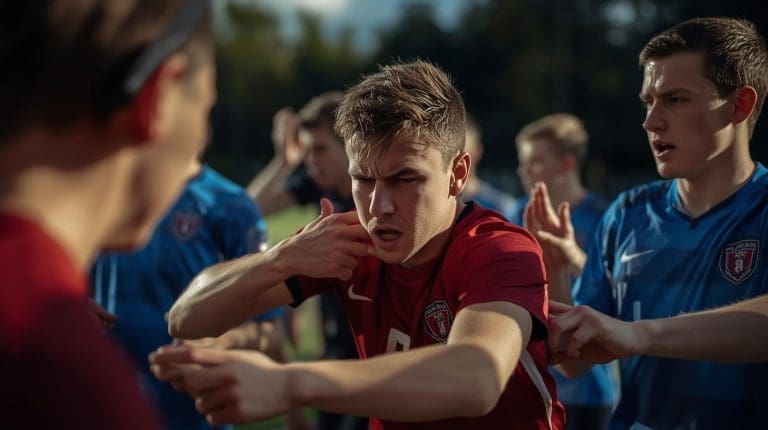
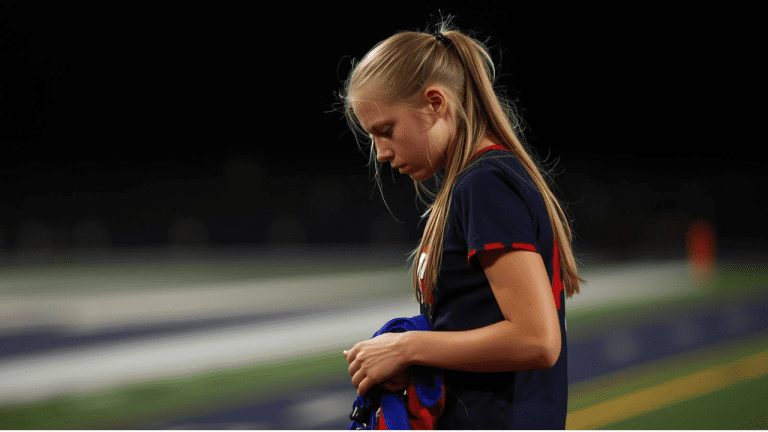
Why Parents Trust Us At Inspiring Sporting Excellence
Since 2020, we have built a trusted reputation for supporting children and young athletes at every stage of their development—whether they are just starting out at 7–11, navigating the challenges of adolescence at 12–16, or preparing for bigger sporting and life transitions at 17–21 and beyond.
Our work is delivered through secure, convenient video calls using platforms such as Zoom, Teams, Google Meet, and WhatsApp, making professional sports psychology support accessible wherever families are based. From our headquarters in the United Kingdom, we proudly extend our services internationally, working with children and parents not only across the UK and Ireland, but also in Italy, wider Europe, the Americas, the Middle East, India, and Australasia.
Parents trust us because we combine professional expertise with a flexible online approach, ensuring young athletes can build confidence, resilience, and enjoyment in sport—without the barriers of distance or travel. Our reach and experience mean we understand cultural differences, sporting structures, and family pressures in many parts of the world, giving us a unique ability to support children globally while tailoring strategies to their individual needs.
Online Sports Psychology Coaching
Online sports psychology coaching offers flexible access, privacy, and convenience for 17–21+ young athletes. No travel, easier scheduling, and a comfortable environment often helps youngsters open up therefore speeding up the behaviour change process. Online support also works well when elite young athletes are on the road travelling to training camps and tournaments in different locations around the world.
Face to Face Sports Psychology Coaching
Our dedicated team is spread across several locations, with bases across the United Kingdom and Ireland, as well as in Italy and India. We pride ourselves on offering a bespoke, personal service—meeting with young adults and their parents in private venues whenever preferred. We also travel overseas with some of our elite athletes when required to enhance their competitive preparations.
Engaging Youth Athletes
Engaging 17–21+ year old athletes means connecting with their goals, challenges, and ambitions. Our team are well versed in supporting clients at this age and quickly build trust. We show genuine respect and ensure they feel valued, creating a positive experience. At this stage, many athletes are balancing education, career choices, and the demands of competitive sport. We help them manage these pressures better.
How Sports Psychology Can Help Young Adults
At Inspiring Sporting Excellence, we use principles of youth sports psychology and child sports psychology to support older teenagers and young adults as they navigate typical transitions.
Through online and face to face sports psychology coaching for young adults, we help them:
Strengthen their confidence in high-pressure situations
Build resilience to manage setbacks, criticism, and uncertainty
Stay engaged and motivated, even when life feels overwhelming
Develop coping strategies to reduce stress and maintain enjoyment in their sport
Gain independence by learning tools they can carry into adult life
What Our Clients Say
Why Parents Choose Inspiring Sporting Excellence

Trust
Parents trust us because our team is highly qualified, HCPC registered or on the pathway to accreditation, and bring diverse experiences across many competitive sports. Many of us are parents too, so we understand both the psychology of sport and the real challenges of raising children.
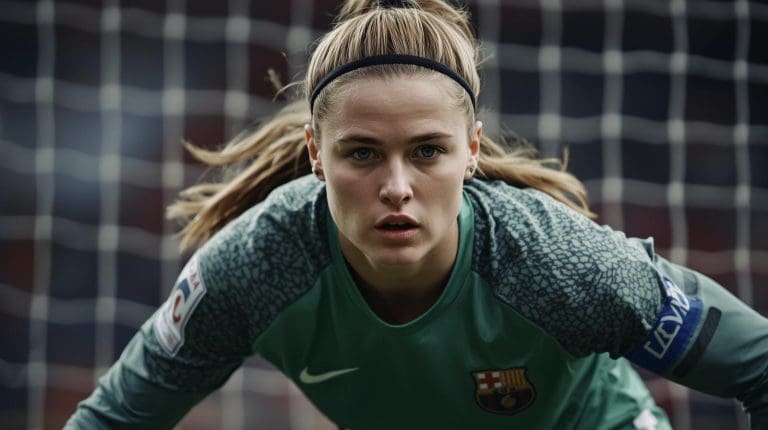
Excellence
We understand that excellence looks different for every young adult and their parents. Though at the older age groups 17-21+ years it often revolves around achievement and mastery. Especially for those with elite ambitions, pursuing national, international, or professional success, with confidence and resilience.
Challenge
Supporting young athletes isn’t about giving all the answers it’s about challenging their thinking and listening carefully. We create space for young adults so that they feel heard and valued. This is often missing in elite sport and can transform how they feel about themselves and how their performances.
Frequently Asked Questions: Sports Psychology for 17-21+ Year Olds
How do you spot signs of burnout or stress?
Spotting burnout or stress in young adult athletes often comes down to noticing changes in behaviour, mood, or performance. Warning signs can include constant fatigue, loss of enjoyment in their sport, irritability, difficulty concentrating, disrupted sleep, or frequent injuries and illnesses. Parents may also see their child becoming withdrawn, unmotivated, or overly anxious before training and competitions.
At Inspiring Sporting Excellence, our team of practitioners focus on helping young adults and their parents recognise these signs early, develop resilience to overcome such challenges, and put healthy coping strategies in place so they can maintain a better balance to their lives, going on to improve confidence, performances and long-term enjoyment in their chosen sport.
How do you measure progress (confidence, enjoyment, performance)?
For parents or young adults who like to see clear evidence of progress, we combine both observation and data. Alongside regular conversations, we can use psychometric testing and performance profiling to provide measurable scores around areas like confidence, resilience, focus, and enjoyment. These can be repeated at agreed stages, allowing you and your child to track improvements over time in a way that feels structured and tangible.
This means you don’t just hear that your child is “feeling better”, you can see clear, chartable progress that shows how their mindset, confidence, and performance are developing step by step.
How many sessions are typically needed?
It’s important to be realistic. In sports psychology, we don’t believe in “quick fixes.” Just like strength training in the gym, developing the mind takes consistent effort and practice.
For example, for an 18-year-old athlete, we usually recommend a minimum of four hours of sessions to make meaningful and lasting changes in areas such as confidence and resilience. Some young adults see noticeable benefits quite quickly, while others continue for longer to build on their progress and strengthen their mental skills over time.
Our aim is to give young athletes practical tools they can use independently, so the benefits extend well beyond our sessions.
Do you work with young athletes for long periods of time (eg. 2-3 years)?
Yes. For serious athletes aged 17–21+, long-term support can be incredibly valuable. Over time, we become someone a young person can trust, someone who can challenge their thinking in a safe way, and someone impartial, removed from the pressures of their immediate sporting environment. Many young athletes also find that a strong rapport develops, and we often become a supportive friend they can rely on.
This ongoing relationship allows us to track progress, adjust strategies as challenges evolve, and help young athletes develop mental skills like confidence, resilience, and focus that are sustainable, transferable to competitions, and beneficial for life beyond sport too.





